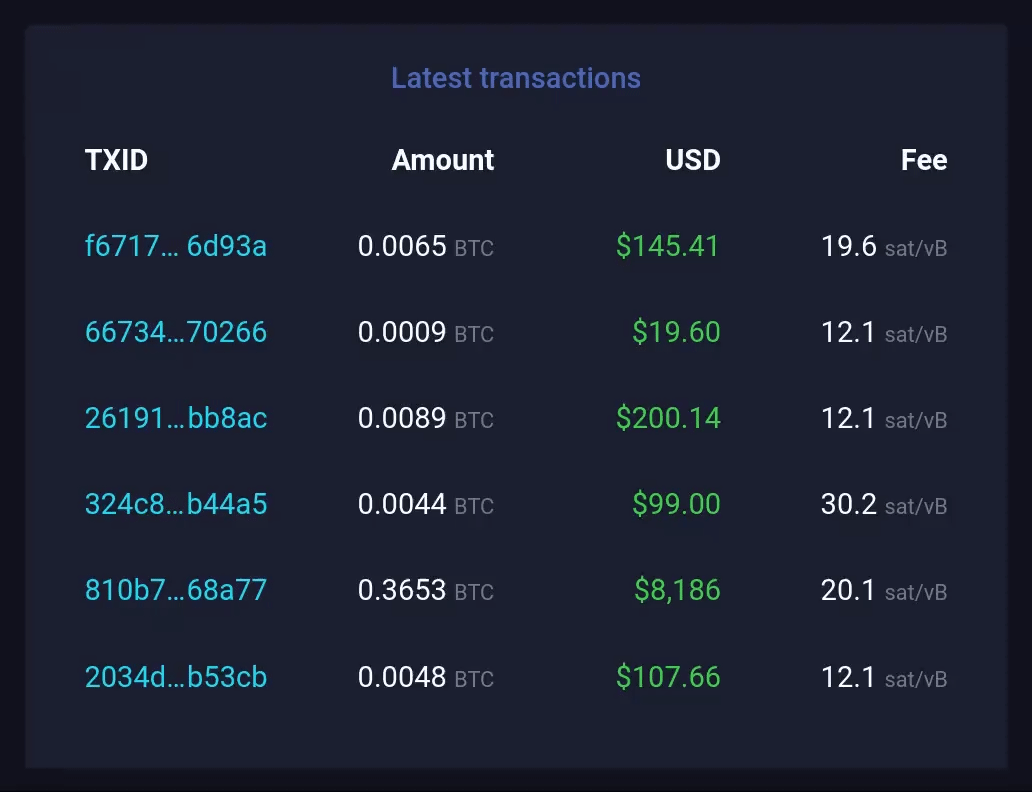Ten31 Timestamp 780,630
The traditional finance world saw massive volatility this week, as troubled crypto-focused bank Silvergate was forced to wind down operations, Fed commentary took a notably more hawkish tone, and short-term yields spiked only to swiftly retrace later in the week. But the real headline that will likely dominate the financial news cycle for weeks to come was the sudden collapse of Silicon Valley Bank (SVB), which was one of the 20 largest banks in the country, traded at a market cap of ~$15 billion, and was perceived as recently as a few days ago as a key blue chip banking partner to tech companies and startups in particular. The genesis of the bank’s sudden failure is multifaceted and likely involved questionable risk management, but at a more fundamental level the bank appears to be the first major casualty of the Fed’s whipsaw from unprecedented levels of accommodative money printing in 2020-21 to an historically fast rate-hiking cycle over 2022.
After several days of relative silence from regulators, the Treasury Department, Federal Reserve, and FDIC released a joint statement on Sunday evening indicating that all deposits at SVB (including those above the $250,000 FDIC-insured level) will be backstopped as of Monday morning. The same group also announced that Signature Bank, another crypto-friendly banking provider, was considered a systemic risk and had been shut down (with depositors made whole in this case as well). Finally, the Fed initiated the Bank Term Funding Program, which promises to “address any liquidity pressures that may arise” at banks across the country by allowing institutions to pledge US Treasuries, agency debt, and mortgage-backed securities as collateral at par value for up to a year.
While the ramifications of the failures of SVB and Signature are likely to be far-reaching for individuals and companies in many industries, this situation serves as the latest dramatic illustration of the bitcoin value proposition. Last fall’s various crypto exchange failures were definitive proof of bitcoin’s differentiation from the rest of the “digital asset” space, and this episode is an even larger-scale endorsement of the importance of digital cash resistant to debasement or seizure that can be custodied and transferred without reliance on trusted counterparties like SVB and Signature. Ten31 fully expects near-term volatility across the economy as a result of this week’s events, but we have never been more validated in our core thesis: enterprises and retail customers alike are waking up to the desperate need for better money, and the companies building on bitcoin today are well positioned to provide the critical infrastructure necessary for that transition.
Selected Portfolio News
River Financial announced a new partnership with the Bitcoin Magazine app that will allow users to create accounts natively within the app:
Unchained added trading desk support for users in Vermont:
Mempool.space added new display options for fiat currency pairs:
Media
Matt Odell published pieces on the value of trust-free money and important considerations for the lightning network.
Market Updates
A week after delaying its 10K filing and warning of going-concern risk, embattled bank Silvergate announced it would wind down operations and liquidate assets.
Shortly thereafter, Silicon Valley Bank announced a $21bn sale of its US Treasury and agency securities at a steep loss alongside a surprise $1.7bn equity raise, spooking depositors and investors while kicking off a bank run that led to withdrawal requests totaling $42 billion on Thursday alone.
After failing to raise new capital or find a buyer, SVB was shut down by the FDIC in the largest bank failure since the 2008 Great Financial Crisis.
Over the weekend, regulators were reportedly seeking a buyer for SVB, while Treasury Secretary Janet Yellen commented that the government would focus on “the needs of depositors” while not bailing out SVB shareholders.
Over the weekend, the Federal Reserve and FDIC discussed creating a fund to backstop deposits at other banks that might be affected by the contagion of SVB’s failure.
Finally, on Sunday evening, regulators released a joint statement indicating that all deposits at SVB would be backstopped. Meanwhile, Signature Bank was deemed a systemic risk and was also shut down, with deposits similarly backstopped.
To quell further fears and bank run vulnerabilities, the Federal Reserve initiated the Bank Term Funding Program, which will allow banks to pledge US Treasuries, agency securities, and mortgage-backed securities as collateral at par for up to a year, an attempt to address the significant unrealized losses on bank balance sheets due to recent rate hikes.
The ultimate ripple effects and contagion of the SVB failure are still to be determined, but the news sent wide-ranging shockwaves through both “crypto” – e.g. via the de-pegging of popular “stablecoins” including USDC and DAI – and the tech complex more broadly.
This flurry of activity came on the heels of notably more hawkish commentary from Fed Chairman Jerome Powell, who pointed on Tuesday to potentially more aggressive rate hikes on the back of stronger economic data.
Powell’s comments helped push the 2-year US Treasury yield above 5% for the first time since 2007. However, the 2 year (along with the rest of the rates complex) whipsawed dramatically in the back half of the week as contagion fears from SVB drove a “flight to safety” among investors.
As an overlay to all the above, M2 money supply growth contracted to 1.7% Y/Y, the most negative reading in history (though M2 still remains significantly elevated vs historical levels).
Despite all the week’s negative data points, Friday’s US jobs report came in fairly strong once again, with 311,000 new jobs added vs consensus estimates of 225,000; however, the unemployment rate increased slightly M/M.
Regulatory Update
The New York Attorney General filed a suit against exchange KuCoin alleging the company is selling unregistered securities. Notably, the suit specifically names ether as one such security.
Law professor Carla Reyes published some helpful color on the new UCC amendments under consideration in 20+ states. Reyes, an observer of the UCC amendment drafting process, argues the new provisions have the potential to be more positive than negative for bitcoin.
Four Republican senators sent a letter to banking regulators arguing against broad restrictions on the “crypto” industry.
Meanwhile, Fed Chairman Powell said in his testimony that banks should be “quite cautious” when dealing with crypto companies.
The US Treasury released a proposal for a 30% excise tax on the electricity used in bitcoin mining.
Noteworthy
Banks currently face historic unrealized losses on investment securities that constitute a key portion of their liquid assets. Meanwhile, smaller banks appear to be facing growing liquidity constraints in general.
The percentage of total bitcoin supply that has been dormant for more than a year reached an all time high of ~68% this week as bitcoin continues to consolidate into the hands of high conviction, long-term hodlers.
Block announced its intention to build a “Mining Development Kit” (MDK) to provide a suite of tools to improve innovation in mining hardware.
Bitcoin developer /dev/fd0 released a work-in-progress coinjoin implementation that uses Nostr for coordination.
The largest creditor in the Mt Gox bankruptcy proceedings (the Mt Gox Investment Fund) indicated it does not plan to sell the bitcoin expected to be disbursed from the case.
Travel
Austin Ten31 Tribe event, March 16
Austin BitDevs, March 16
Austin Bitcoin Takeover, March 17
Bitcoin 2023, May 18-20
Nashville Ten31 Tribe event, June 14
Nashville Lightning Summit, July 13-14





